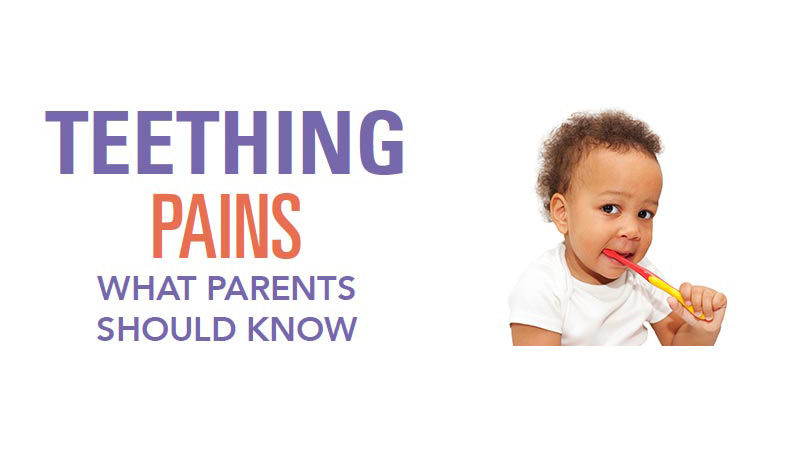Every new parent is excited to see the first tooth erupt. There is nothing cuter than a baby’s toothy grin revealing those two bottom teeth. Teething can be accompanied by fussiness and pain but is usually dealt with easily. Remedies include massaging the gums, using a chilled washcloth or spoon, acetaminophen, topical gels — avoid those with benzocaine — or teething rings. But keeping those teeth healthy takes some work, and it starts with a visit to the dentist.
A pediatric dental specialist is a good place to begin. Dr. Dorothy Baker of Summerville Pediatric Dentistry explained that these specialists receive extra years of training past dental school, which is focused on oral health for young children, adolescents and children with high anxiety and special needs.
“It is important for your child to begin seeing a dentist at a young age so that they are able to build a relationship and a form of trust when going into a dental office,” Dr. Baker said. “The idea is to make a visit to the dentist a happy event instead of something to be feared.”
Many parents think their children should have their first visit at the age of 2 or 3, but dentists recommend much earlier, at the age of 1. Pediatric dental offices are inviting, but, more important than bright colors and the kid-friendly atmosphere is the fact that pediatric dentists are required to meet higher standards. Each of them must complete at least two years of post-doctoral education.
Early dental care assures gums remain healthy, as do baby teeth, which are essential for chewing food, proper speech development and guiding the secondary teeth. Just like adult teeth, primary or baby teeth are susceptible to decay and gum issues. Teaching very young children to properly care for their teeth can set the stage for having healthy teeth far into adulthood.
Special issues that parents should be attentive to include baby bottle decay and thumb sucking. Baby bottle decay occurs when babies fall asleep with their bottles or breast-feed at will at night. Sugar in liquids mixes with bacteria, which creates acids that surround the teeth, causing decay. As little as 20 minutes is sufficient time for this to occur. A good solution is to give only water. Thumb sucking can cause misaligned teeth and changes in the mouth that will alter the way the secondary teeth grow in.







